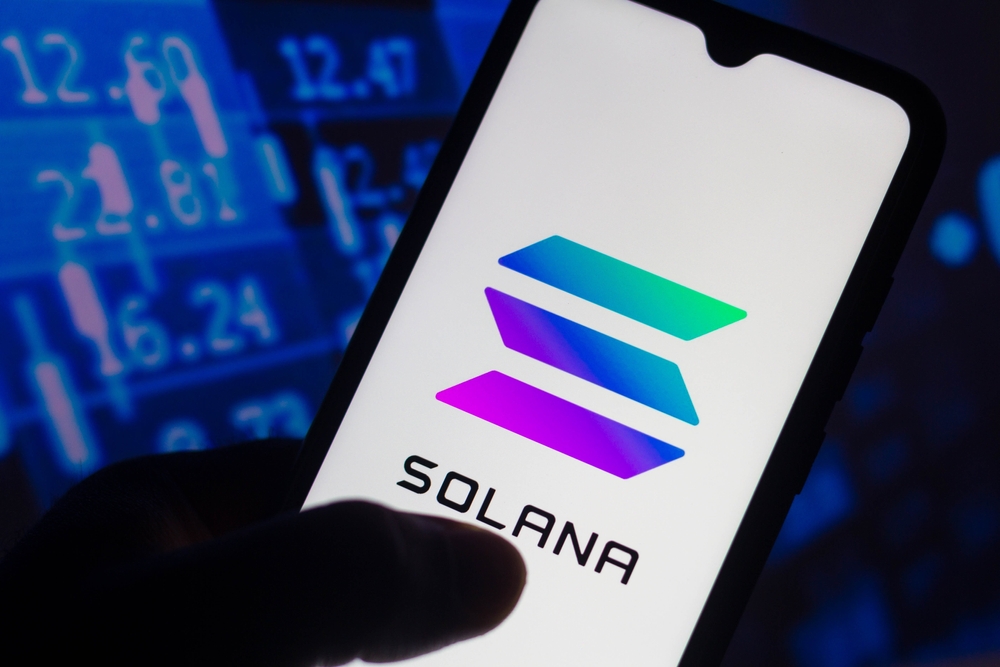On Monday, a Solana-based wallet, Solflare, revealed that its users could start paying a higher gas fee for their transactions to be prioritized in cases of network congestion. On its Twitter handle, Solflare claimed that it was the first wallet to implement the idea in a user-friendly manner.
Solflare said it would automatically detect if the Solana network is overloaded and then increase the gas fees to prioritize the user’s transaction over others. Vidor Gencel, the Solrise Finance co-founder, took to Twitter to praise Solflare’s new milestone.
Solana launched in 2019, and since then, it has grown to become a famous blockchain for decentralized applications (Dapps) and NFTs because of its low costs and fast speeds. However, as a result, Solana experiences regular network congestion when attempting to handle loads of transactions.
What’s a Gas Fee
Gas fees have existed since the start of the crypto industry. A gas fee is a transaction cost in which a small amount of the blockchain’s native token is charged when sending an NFT or crypto from one wallet to another.
In July 2022, Solana Labs, the developer of the Solana blockchain, introduced variable gas fees to the network. At that time, the co-founder of Solana Labs, Anatoly Yakovenko, defended the fee model claiming that it was not intended to punish users with expensive gas fees during heavy traffic.
Solflare Believes Priority Fees Will Stabilize Solana Network
Meanwhile, Solflare says that priority fees will stabilize the Solana blockchain as they will prevent users from carrying out repeat transactions on the network, hoping one of them will go through. Gencel noted that many wallets fail to transact during network congestion due to ineffective prioritization.
Solflare reports that the priority fees are currently live in its web-based app. However, they are not available when transacting on Solflare mobile app neither did the wallet developer reveal the date they will introduce the fees on the mobile app.
Helius CEO says Solana Handles Gas Fees Better Than Its Rivals
Elsewhere, the CEO of Helius Mert Mumtaz says Solana is miles ahead in handling gas fees compared to its competitors. For example, Solana gas fees remain constant regardless of major events, unlike Ethereum, where an event like Bored Ape NFT minting causes fees for all users to spike.
Many blockchains have resorted to finding a solution to gas fee spikes. The recent one is Polygon. The Polygon community approved a proposal to hard-fork the Polygon blockchain, which the network developer, Polygon Labs, says will help minimize gas fee spikes.
